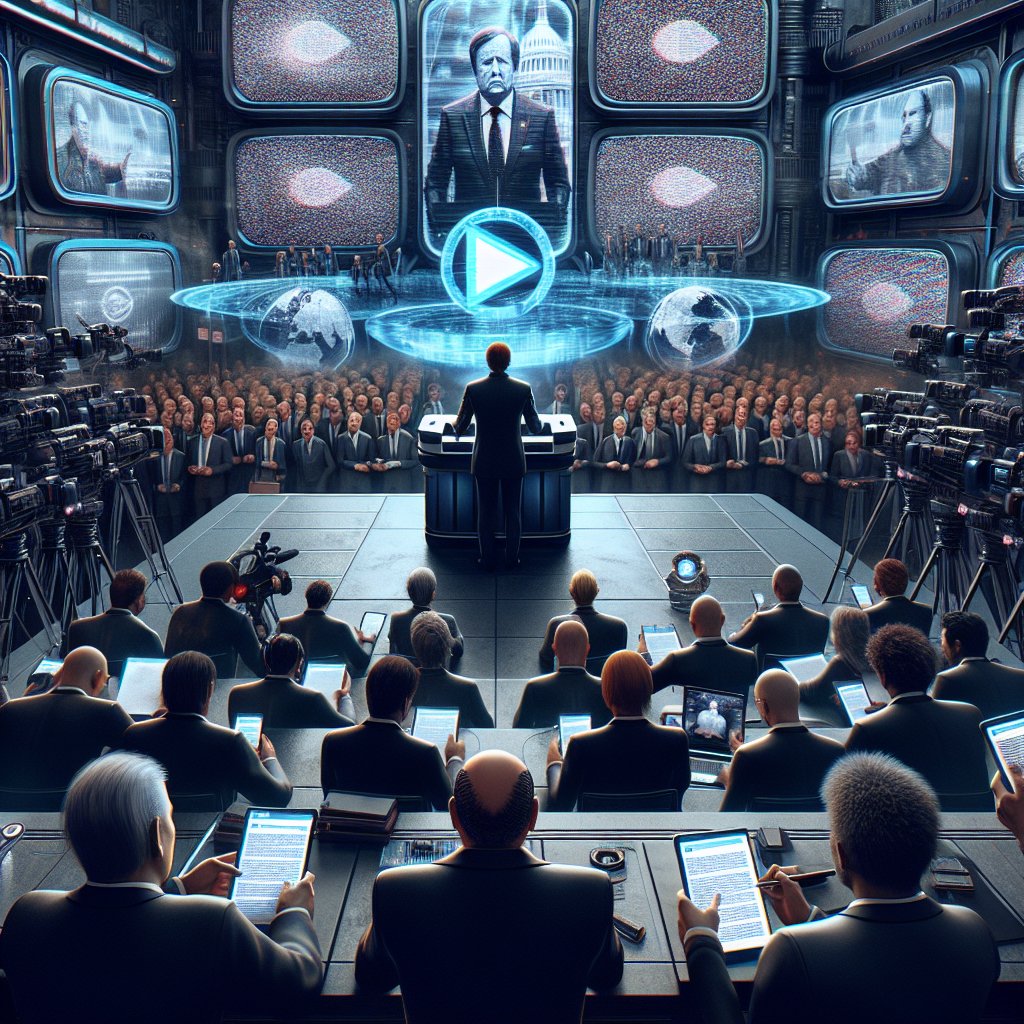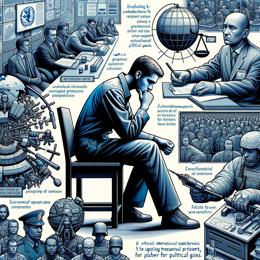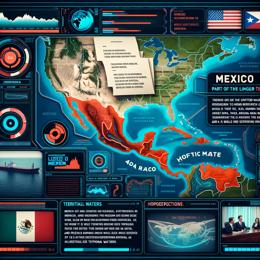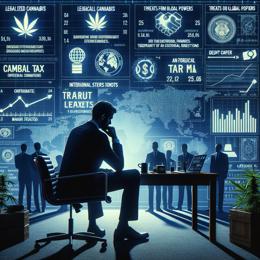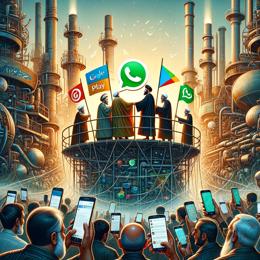Image created by AI
Mexican President Criticizes YouTube for Editing Video, Inciting Privacy and Censorship Concerns
Amidst growing concerns over press freedom and privacy, Mexican President Andres Manuel Lopez Obrador has publicly denounced YouTube for editing a video of a news conference, where he disclosed the private phone number of the New York Times' Mexico bureau chief. The tech giant's action triggered a clash regarding the digital platform's role in balancing content moderation and the right to free speech.
YouTube initially removed the video from its platform, citing a breach of its harassment and cyberbullying policies, but subsequently republished an edited version omitting the reporter's private information. This move attracted criticism from President Lopez Obrador, who then accused the company of censorship and of adopting an "overbearing and authoritarian attitude." He symbolized his discontent by sharing an image of the Statue of Liberty, declaring it an "empty symbol" in the context of the incident.
The controversy began when President Lopez Obrador, during a press conference, read aloud a letter from the Times seeking comment on a story regarding a stalled U.S. government investigation into allegations linking his allies with drug cartel funds post his 2018 presidential victory. Following this, he announced the number of the Times' bureau chief, sparking immediate backlash.
Within Mexico, publicizing a journalist's personal information is especially contentious, as it ranks among the most perilous countries for reporters. The act has been denounced by the New York Times as "a troubling and unacceptable tactic from a world leader." Mexican officials from the freedom of information body INAI announced an investigation into the president's actions, intensifying the scrutiny.
Further complications arose when, in an act of apparent retaliation, social media users released private numbers belonging to President Lopez Obrador's family and political contenders, leading to an outpour of both critical and supportive messages for individuals like candidate Xochitl Galvez. Galvez herself chose not to change her number despite the flood of messages.
In a statement that seemed to undermine privacy norms, President Lopez Obrador argued that his own dignity superseded the personal data protection law. His statement was in response to a remark he made during the video's release, provoking further debate about the boundaries of public figures' private information.
The New York Times' story, released in the wake of the number revelation, indicated that there was no formal U.S. investigation and that the aforementioned inquiry had been closed. Nevertheless, President Lopez Obrador dismissed the allegations as baseless and pointedly criticized the journalists covering the story.
Throughout Lopez Obrador's presidency, the safety and freedom of the media have been persistent concerns, compounded by events like the recent theft of data from hundreds of Mexican journalists. Documentation by international organization Article 19 indicates that the number of journalist murders in Mexico has climbed to 163 since 2000, underlining the severity of the issue.
As digital platforms grapple with their role as arbiters of content and conduct, such incidents spotlight the complex interplay between free speech, censorship, privacy, and safety within the digital age, particularly in regards to vulnerable professions such as journalism.
